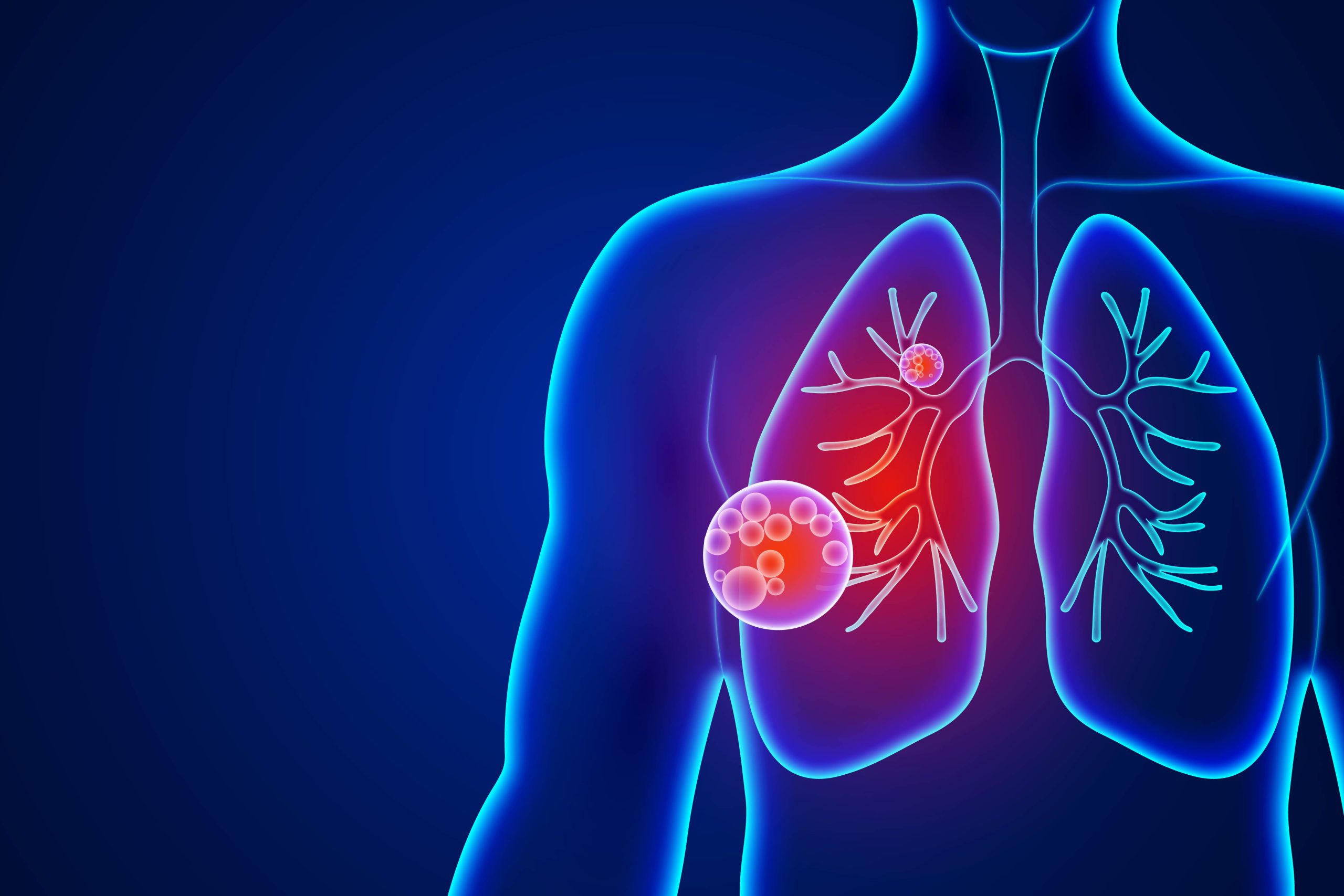Pneumonia

Overview
Pneumonia is a type of lung infection that can be caused by viruses, bacteria, or fungi. It can affect people of all ages, but is most common in young children, elderly people, and those with weakened immune systems. Pneumonia can range from mild to severe, and can sometimes be life-threatening, especially in older adults or people with underlying health conditions.
Prevention is also important in reducing the risk of pneumonia. This can include getting vaccinated against bacterial and viral infections that can cause pneumonia, such as pneumococcal and influenza vaccines. Other preventive measures include practicing good hygiene, such as washing hands regularly, avoiding close contact with sick people, and quitting smoking.
It is important to seek medical attention if you suspect you have pneumonia or are experiencing symptoms of a respiratory infection, as early diagnosis and treatment can help prevent complications and improve outcomes.
Symptoms
Coughing, sometimes with phlegm
Shortness of breath
Chest pain or discomfort
Fever, sweating, and chills
Fever, sweating, and chills
Nausea, vomiting, or diarrhea
Treatments
The treatment for pneumonia depends on the severity and cause of the infection. Pneumonia caused by bacteria is usually treated with antibiotics, while viral pneumonia may be treated with antiviral medications. Fungal pneumonia may require antifungal medications.
In addition to medication, treatment for pneumonia may also include measures to manage symptoms, such as:
- Rest: The body needs time to recover from pneumonia, so it’s important to get plenty of rest.
- Hydration: Drinking plenty of fluids can help loosen mucus and relieve congestion.
- Oxygen therapy: In severe cases, oxygen therapy may be necessary to help improve breathing.
- Pain relievers: Over-the-counter pain relievers, such as acetaminophen or ibuprofen, can help relieve fever, pain, and discomfort.
- Cough suppressants: Coughing is a common symptom of pneumonia, and cough suppressants may help relieve coughing and improve sleep.
- Respiratory therapy: Respiratory therapy, such as deep breathing exercises or using a nebulizer, can help loosen mucus and improve breathing.
It is important to seek medical attention if you suspect you have pneumonia or are experiencing symptoms of a respiratory infection, as early diagnosis and treatment can help prevent complications and improve outcomes. In severe cases, hospitalization may be necessary for close monitoring and more intensive treatment.
Pneumonia is a type of lung infection that can be caused by viruses, bacteria, or fungi.
- Coughing, sometimes with phlegm
- Shortness of breath
- Chest pain or discomfort
- Fever, sweating, and chills





